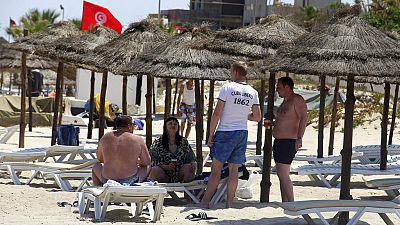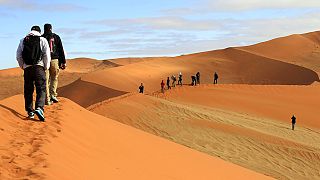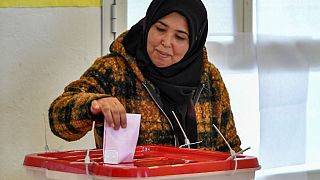Tunisia
Tourism in Tunisia recorded a clear rebound in 2023 with 8.8 million visitors, up 49.3% in one year, and is well on the way to surpassing a record reached in 2019, before the Covid pandemic, a Tourism Ministry official told AFP on Thursday.
"Our objective was to recover 80% of the tourist flows recorded in 2019", a record year which serves as a benchmark for the last decade, Aymen Rahmani, Director of Studies and Cooperation at the Tunisian National Tourist Office (ONTT), told AFP.
By 10 December 2023, "Tunisia had exceeded this target", he noted, with 8.8 million visitors compared with 8.7 million over the same period in 2019. "If we maintain the same trend between now and the end of 2023, we will reach 9.6 million visitors", stressed Mr Rahmani.
As of 10 December 2023, revenue stood at 6.7 billion dinars (around 2 billion euros). This is an exceptional figure", said Mr Rahmani, who believes that revenue of 6.9 billion dinars is possible by the end of 2023.
According to Mr Rahmani, the top visitors were Algerians (2.7 million), followed by Libyans (2.1 million) and French (+14.6% with 974,000 tourists). The sector was already in recovery in 2022, when Tunisia had recovered 68% of the 2019 tourist flow.
According to the World Bank (WB), the rebound has enabled Tunisia, which is 80% in debt, to partially rebalance its current account deficit, thanks to increased inflows of foreign currency, against a backdrop of very weak growth (+1.2% forecast by the WB for 2023).
The main reason given for the economic slowdown is that the drought that has affected Tunisia since the start of the year has reduced production in the country's important agricultural sector, while the war in Ukraine has increased its imports of cereals (food and fodder) and energy, on which it is heavily dependent.
Over the last decade, tourism, which accounts for 9% of GDP, has been hit by the revolution that toppled dictator Ben Ali in 2011, followed by jihadist attacks that killed nearly 60 tourists in 2015 at the Bardo museum in Tunis and in the seaside resort of Sousse (central-eastern Tunisia).














Go to video
World Bank grants South Africa $1.5B for infrastructure, green energy
11:16
Angola hosts U.S.-Africa summit amid calls to revive trade ties {Business Africa}
01:30
Abu Dhabi hosts first Global South Economic Forum
01:23
Fourth edition of China-Africa Economic and Trade Expo opens in Changsha
01:29
Haiti sees first domestic flight in seven months take off from Port-au-Prince
02:20
VivaTech 2025: Africa takes center stage with bold AI ambitions